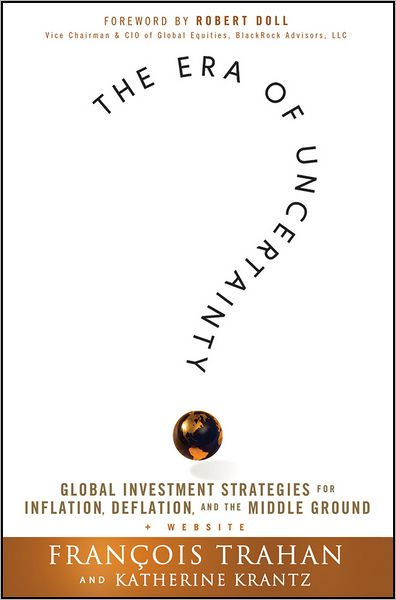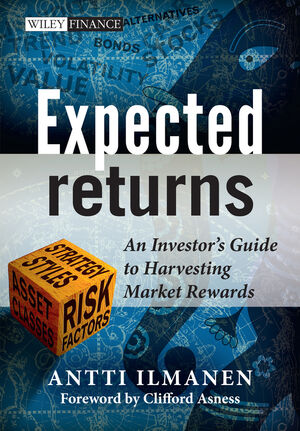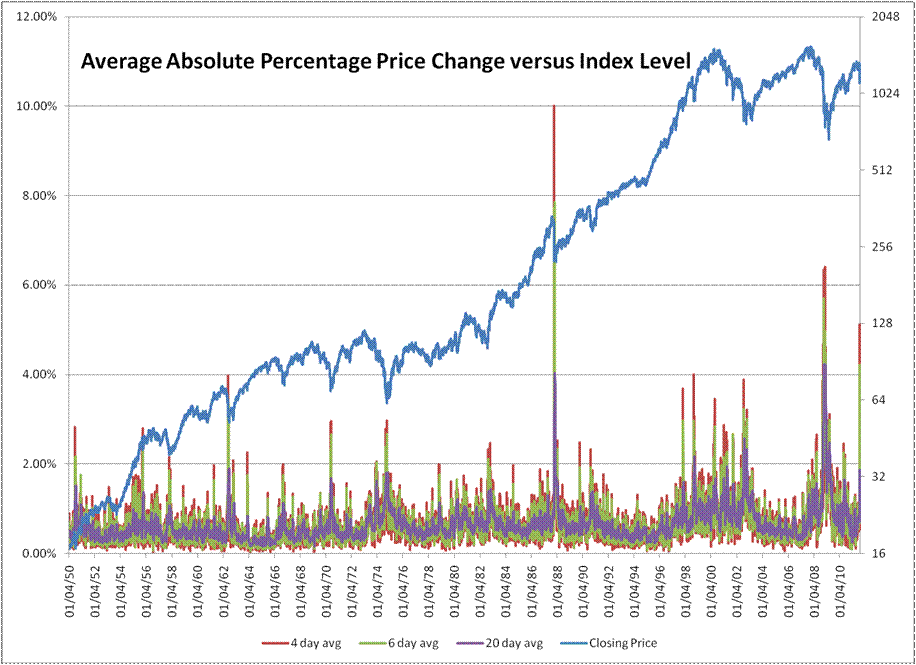That’s Mister Buffett to You, Lady!
In my e-mail, I received this tawdry message:
Hi David,
Why is every so in love with Warren Buffett and his financial advice? He used to be a great investor. Not anymore.
Here’s a good article I saw on it from a newspaper in Oregon while I was on vacation there.
http://www.salem-news.com/articles/may182011/warren-buffett-bg.php
That’s Mister Buffett to you, lady.? The garbage article you cited doesn’t have the faintest idea of what Warren Buffett does.? Warren Buffett is not a mutual fund manager, he runs a conglomerate with a real balance sheet and real profitability.? With his friend Charlie Munger, they are wiser than 99% of all the investment advisers out there.? I have my criticisms of Mr. Buffett, but they regard ethics, rather than talent.? Warren needs to repent, he doesn’t need more talent.? There is a difference.
But as for the lousy article, what has the S&P 500 earned over the last ten years — around 1%.? Guess what, of all the big stocks that BRK owns, they have done better than that.? It is irrelevant to cite companies so small that it would not make a difference to BRK if they took a position at favorable prices.
The greater problem is that the article does not understand what Berkshire Hathaway is.? It is an insurance company that owns a lot of businesses.? Whole businesses, not parts of them.? That is 80% of what he does, the rest is like managing a huge mutual fund.
Think of Buffett as a private equity manager with a reputation for not intruding on acquired company cultures.? He is the best place to sell a profitable business to where you want to leave the people you employed intact.
That is a clever niche strategy for private equity.? Give the Buffster some props!
Warren Buffett is deservedly one of the greatest investors of all time.? He made the transition from hedge fund manager, to CEO, but really an investment manager, to CEO of a conglomerate.
Those are three different skills, and Buffett has proved adequate to meet all of the challenges, even after reaching “retirement age.”
I tell you, avoid the envy of articles that want to downplay the results that Buffett has achieved.? He is a master, together with his team, and more than able to manage his company well.? Ignore the naysayers who don’t get it.? Listen to value investors.




